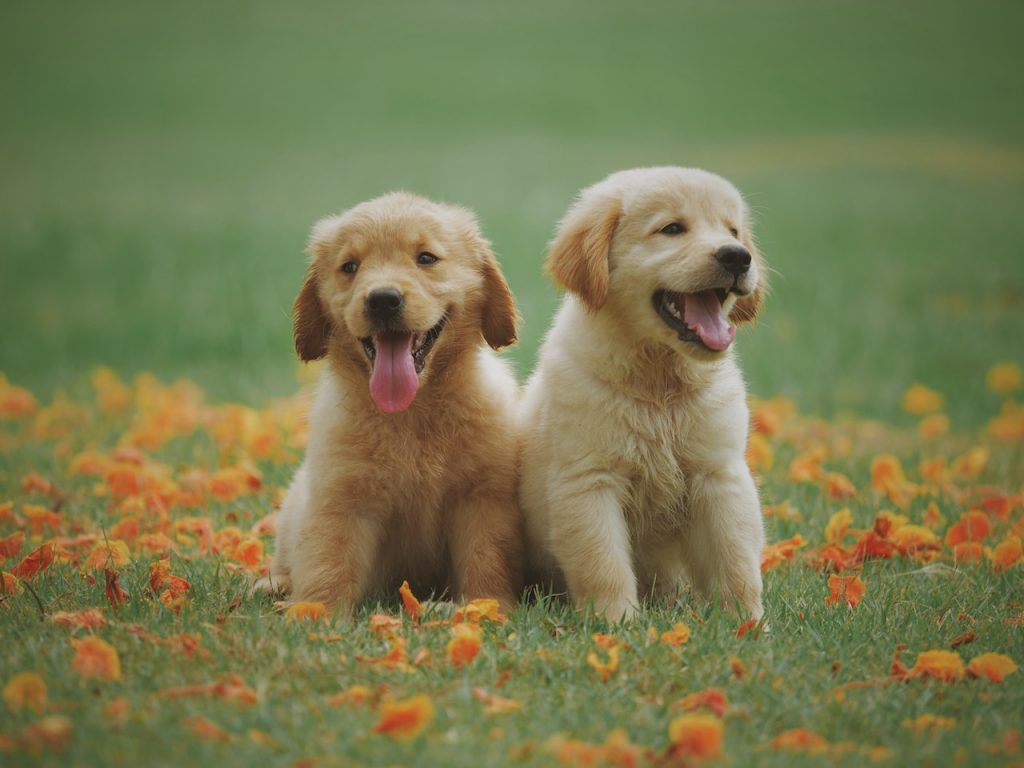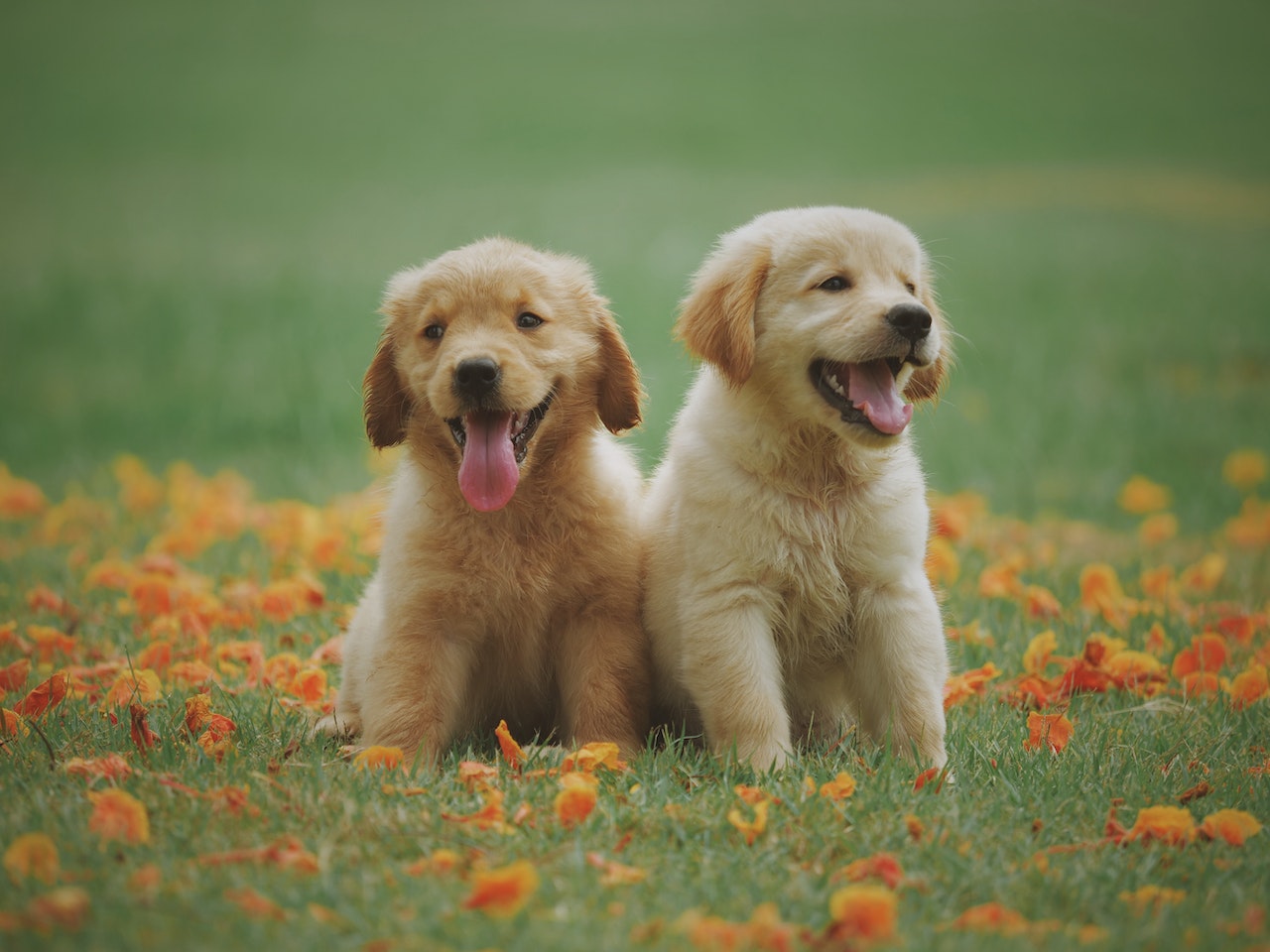
Few delights compare to taking home a brand-new dog. Your heart will melt at the sight of that small tail that wags and those enormous floppy ears. It’s an exciting time for family growth, discovery, and closeness. Puppies start to mature after those first happy weeks, which brings growing pains. Teething is one of the initial ones. Puppy Teething is an inevitable part of growing up, regardless of whether you adopted a six-month-old puppy from the shelter or purchased a brand-new puppy from a breeder. Due to this unpleasant, finicky, and annoying condition, your favorite pair of shoes will likely get chewed up and slobbered on.
SO! Let’s bite into it, shall we?
Before coming to live with you, your puppy most certainly went through the early stages of teething. They first develop their deciduous, or puppy, teeth between 2 and 4 weeks.
Prime puppy teething often starts at three to four months and can endure for two to three months. The adult canines of your pup will begin to supplant the puppy ones. If you don’t discover the original puppy teeth lying about the house, don’t panic. As their adult teeth start to erupt, many puppies just swallow them.
Begin Calming
Most methods for relieving teething in infants and puppies rely on chewing.
Any pet supply store will carry a wide selection of chew toys. There are chew sticks, rawhide bones, plush toys, rubber toys, and plastic toys, among other things. Although you don’t need one, it’s still a good idea to have choices. During teething, your puppy’s needs for calming may alter, so be prepared with various options.
We advise something firm, soft, and edible, like a chew stick or bone, to cover all the bases. It can work to have various forms and textures. Even ice cubes might offer your teething pet great relief.
You might want to include a tug-of-war toy as well. Both teething and training, which are essential for your puppy’s growth, might benefit from this activity. Do not use baby teething toys or chews; only use toys and chews that are appropriate for puppies.
Adopt a wholesome diet
Dogs require a specific diet when they are growing. A balance of vitamins, calcium, and minerals should be present in pet care. These vitamins and minerals can be added to the pet’s food or given as additional supplements. Additionally, you can talk to your vet about the best food for your dog.
The Start of Dental Treatment
After the teething stage, preserving your dog’s healthy teeth and gums is crucial. As dogs age, tooth decay and gum disease become genuine concerns. Developing healthy behaviors when young will benefit them greatly in the long run. For good habits in dental care, consider these suggestions.
Like people, frequent brushing and exams are essential for keeping your dog’s teeth healthy. Dentastix daily can help ward off harmful oral diseases and treat your dog nicely. Look at all-natural daily dental sticks for dogs of any size and age.
How Long Do a Puppy’s Teeth Last?
Puppies can obtain their first set of teeth as early as two weeks old, far younger than human babies. Puppies use their lips to explore the world as they grow. Puppies lose their puppy teeth to make place for their 42 adult teeth starting at three to four months. (That’s about ten more teeth than an average person has.)
Your dog may experience severe discomfort during this procedure, as his gums may hurt. You could see a puppy drooling or tiny blood spots on his toys when a puppy is teething. Consult your veterinarian if you observe anything out of the ordinary because these signs could also point to a more severe problem.
“During this time, it is crucial to exercise patience and initiative. Pet owners should consider strategies to keep their animals relaxed while preventing aggressive behavior. They might play with them and offer them little goodies to relieve their stress. You can also seek advice and assistance from professionals to deal with the matter, according to Rosie Paul, creator of Woof Woof Now: Global Pet Consulting.
Also read- A Complete Guide to First-Year Puppy Vaccinations




